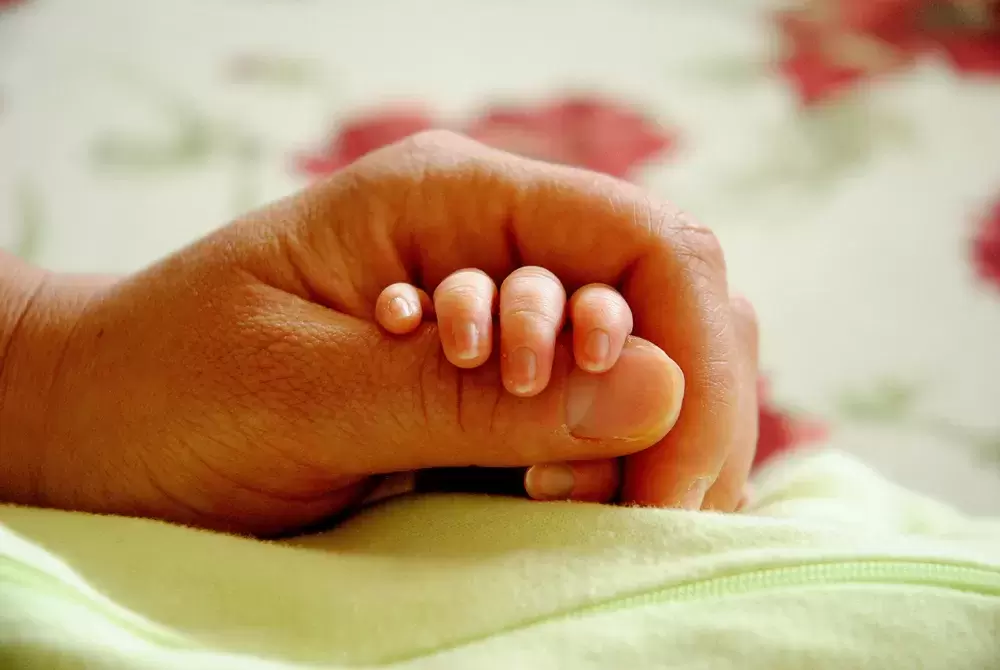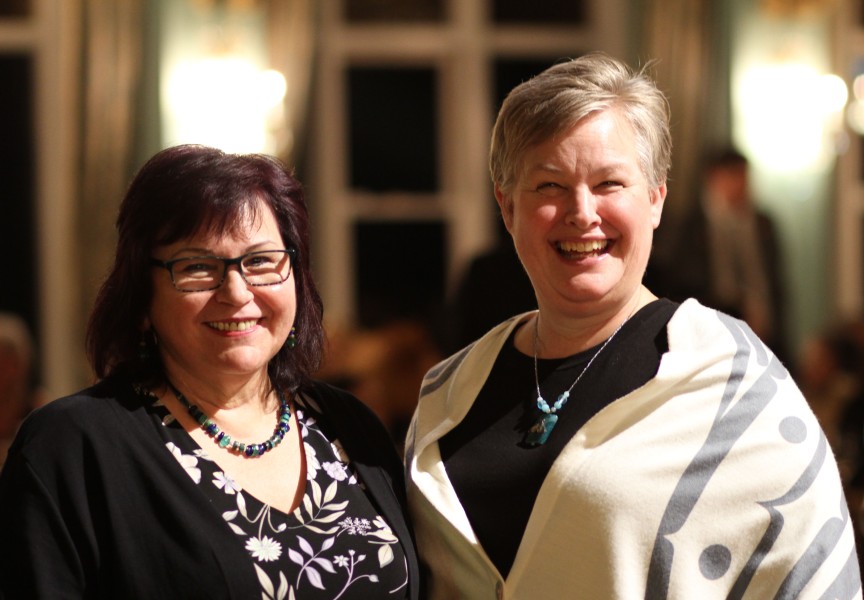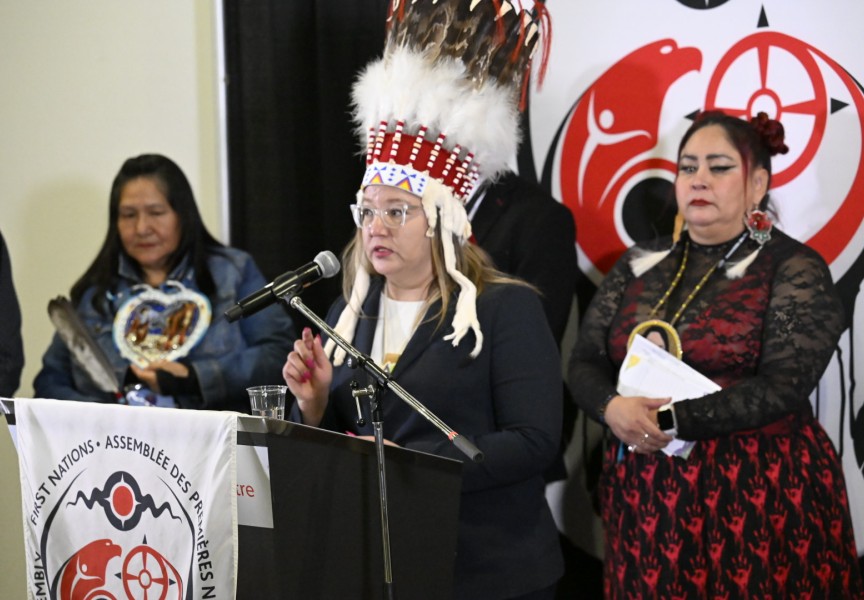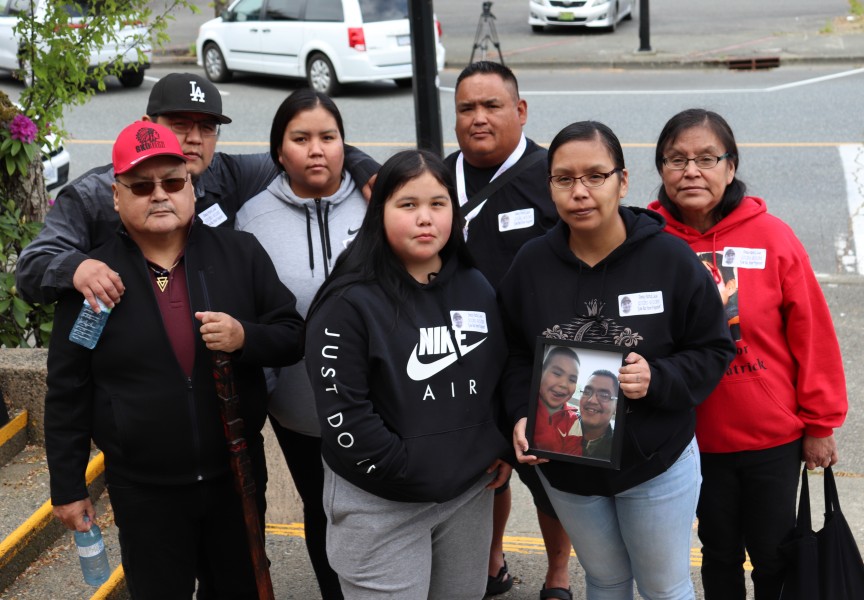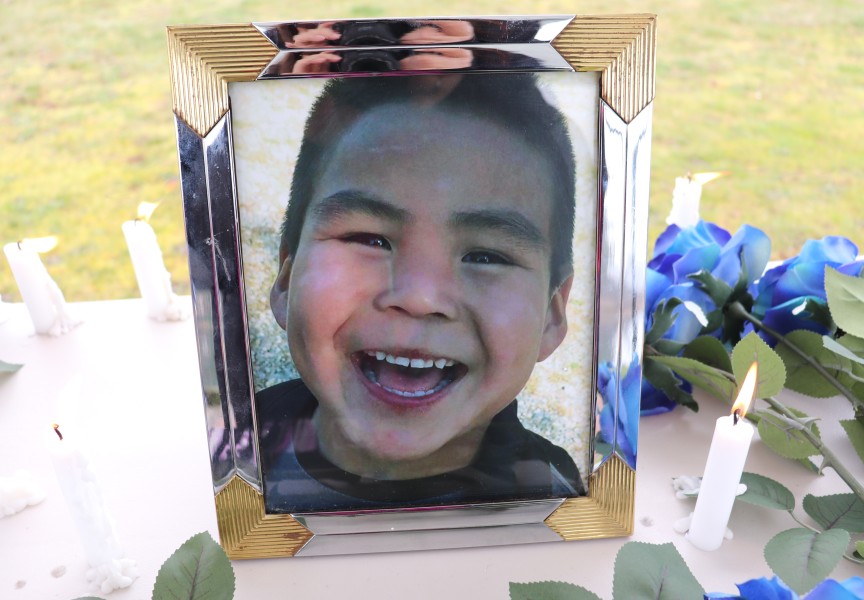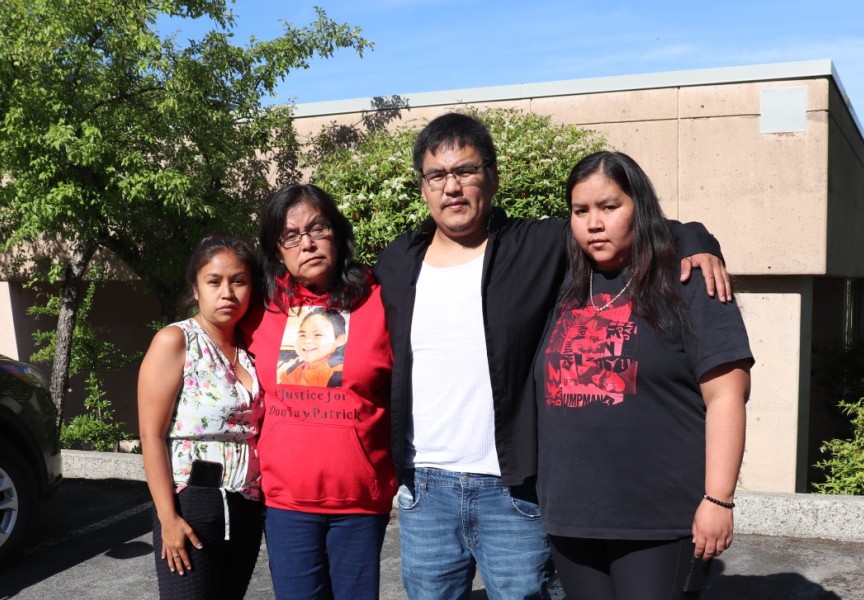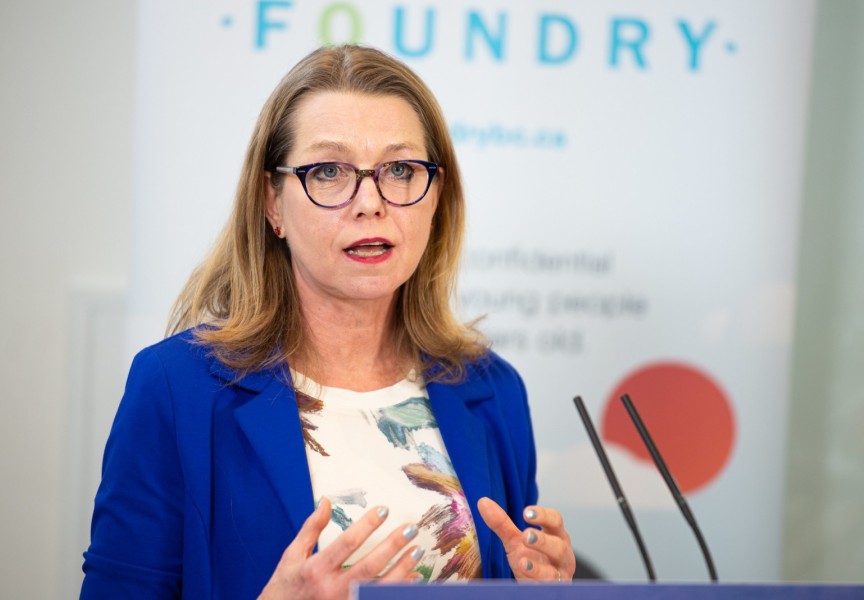Two months after her birth and the subsequent ministry-ordered separation, a mother and infant will be reunited.
The ruling came on Wednesday, March 14 from Judge Barbara Flewelling – despite opposition from B.C.’s Ministry of Children and Family Development. A publication ban on the mother and baby’s identity is in effect, and the Ha-Shilth-Sa is not publicizing names in order to protect the privacy of those involved in the case.
“I am satisfied that [the baby’s] well- being is best served by being with her mother on a full-time basis as long as she is adequately protected,” stated the Provincial Court judge in her ruling.
The baby was removed from the 20-year-old mother on Jan. 16 while at the Victoria General Hospital – just three days after her birth. Flewelling’s judgement notes that the mother was not informed that the removal would take place beforehand or given an adequate reason for the separation, which is a requirement under the Child Family and Community Service Act.
“While in hospital [the mother] did not receive a personal visit from a MCFD social worker until Jan. 16,” stated Flewelling. “During this visit, the social worker handed [the mother] a telephone. It was [another ministry social worker] on the phone, who then told [the mother], over the phone, that MCFD was removing the baby. [The mother’s] evidence is that she was told the reason was because of her own mother’s history with MCFD. [The mother] was shocked and extremely distressed.”
Since that separation the infant has been placed with the paternal grandmother, who lives in Courtenay. The mother’s home is in Port Alberni, and has been living in a hotel in Courtenay, where she was limited to two hours a day with the baby, excluding weekends. After weeks of stalled proceedings and a delayed hearing, the B.C. Supreme Court ordered this access to increase to 6 hours a day, seven days a week on Feb. 20.
The mother is a member of the Huu-ay-aht First Nations, while the father and paternal grandmother belong to the Kwikwasut’inuxw haxwa’mis Band. Evidence presented by the mother in court states that shortly after hearing of the pregnancy last summer, the paternal grandmother indicated that she would fight for the child to be raised in her home. Since December, the young parents have been living apart after the situation in the paternal grandmother’s home became “strained,” according to court records.
A report submitted to court from the ministry on the day the child was removed noted “significant concerns for [the mother’s] ability to provide a safe and stable environment for a newborn child,” as well as “significant concerns for [the mother’s] lack of capacity to parent and ability to respond to the baby’s cues or meet her immediate needs.”
The ministry has attributed these doubts to a pre-existing cognitive condition the mother has been diagnosed with, but observations from a paediatrician who cared for the infant at the hospital’s Neonatal Intensive Care Unit contradict these concerns.
“She advised that [the mother] was attentive, engaged and interested in her baby’s progress,” noted Flewelling’s judgement. “She observed that [the mother] was ‘identifying and responding appropriately to bay’s cues’ and described seeing ‘a natural and healthy maternal-baby bond’.”
A public health nurse who attended access visits in Courtenay made similar observations of the mother, reporting that she “seems to be a natural mother and clearly has a bond with her daughter.”
“In Courtenay, [the mother] does not have the supports that she needs from her own community and family and which are available to her in Port Alberni,” concluded Flewelling. “That support and assistance are essential for her to properly care for her baby.”
The Huu-ay-aht First Nations has advocated for the infant to return to the mother, and will provide ongoing supervision and support as they live with family in Port Alberni.
“This judgement provides strong recognition of the importance of the maternal/infant bond, and the obligation upon the ministry to fully consider the supports that are available to keep mom and baby together rather than simply removing the infant from the mother,” said Maegen Giltrow, legal counsel for the mother and Huu-ay-aht.
The First Nation’s family support for its members has been recently augmented, following recommendations from the Huu-ay-aht’s Social Services Panel on how to stop the cycle of separating families through the foster care system.
“This ruling helps establish a solid foundation for mom and baby to begin a happy and healthy life together, with support of family and community,” said Huu-ay-aht Councillor Sheila Charles. “With this strong foundation, this baby will have every opportunity to grow up safe, supported and loved by both her mother’s and father’s First Nations.”

